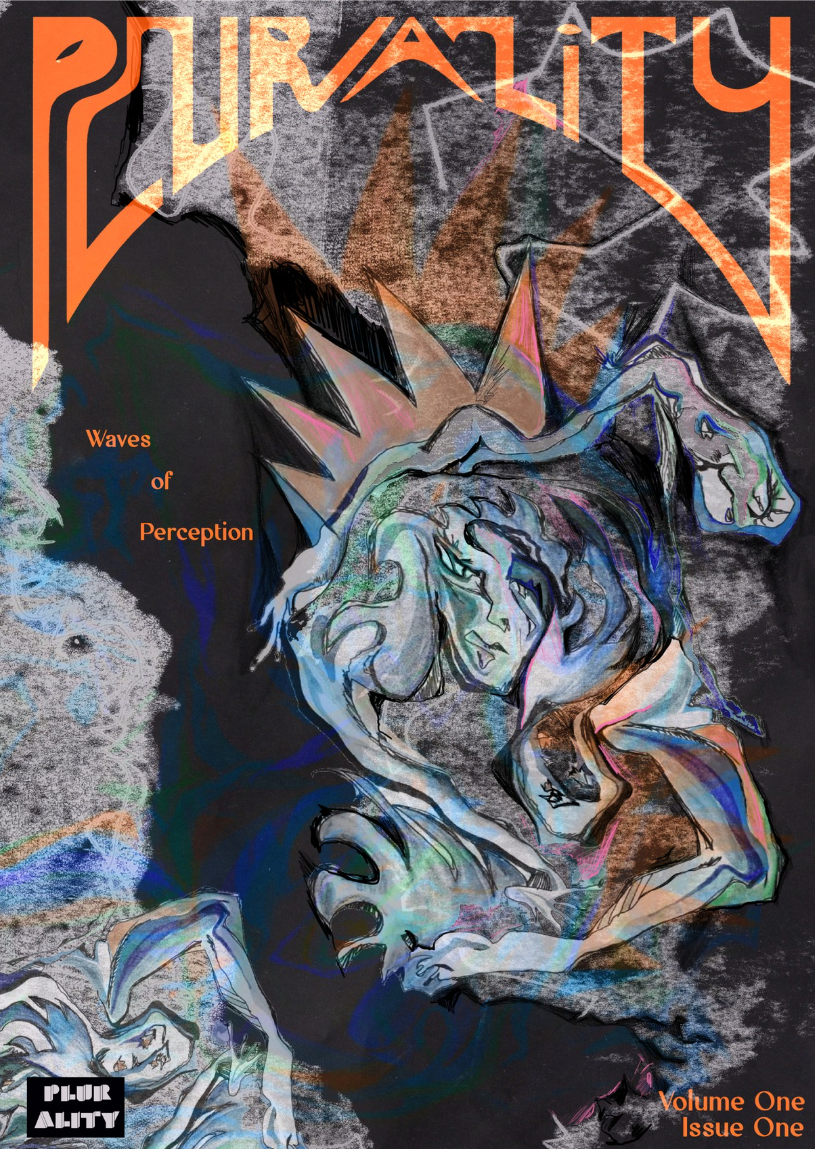Can Religious Modest Dress be Included in the Feminist Project
DOI:
https://doi.org/10.2218/plurality.10066Keywords:
Modest dress, Western savourism, Feminist project, Sexualisation, Choice FeminismAbstract
In 2009, Nicolas Sarkozy, the former French president, claimed that the burqa was not a symbol of faith but rather a sign of enslavement, and was therefore unwelcome in French society (La Fornara, 2018). Feminism aims to free women from any such ‘enslavement’ that would act as a barrier to gender equality. Nevertheless, the intersectional injustices that impact religious women make this debate more complicated than what Sarkozy suggested. This essay will therefore explore the ethical significance of religious modest dress, and advocate for its compatibility with the feminist project. This will be achieved through focusing on Jewish and Muslim women, living as minoritised groups in Western countries. While religious patriarchal structures seem to contradict the strive for gender equality through dictating how women present themselves, this should not permit the Western world to act as ‘saviours’ and reduce these women to victims. Instead, they should be included in the feminist cause and an effort should be made to truly understand their perspectives in order to strive for a modern world that treats men and women from all backgrounds more equally than it does currently.
Downloads
References
Arinder, J. A. (2020) ‘Feminist Theory – Theoretical Models for Teaching and Research’, Pressbooks, Available at: https://opentext.wsu.edu/theoreticalmodelsforteachingandresearch/chapter/feminist-theory/
Boulanouar, A. W. (2006) ‘The Notion of Modesty in Muslim Women’s Clothing: An Islamic Point of View.’ New Zealand Journal of Asian Studies, 8 (2), pp.133-154.
Ferguson, M. L. (2010) ‘Choice Feminism and the Fear of Politics.’ Perspectives on Politics, 8(1), pp. 247–53.
Hahner, L. A. and Varda, S. J. ‘Modesty and Feminisms: Conversations on Aesthetics and Resistance’, Feminist Formations, 24(3), pp. 22-42.
Holman, C, and Holman, N. (2002) ‘Torah, worship and acts of loving kindness: Baseline indicators for
the Charedi community in Stamford Hill.’ Interlink Foundation.
La Fornara, L. M. (2018) ‘Islam’s (In)Compatibility with the West?: Dress Code Restrictions in the Age of Feminism’, Indiana Journal of Global Legal Studies, 25(1), pp. 463–94.
Loewenthal, K. M., & Solaim, L. S. (2016). Religious Identity, Challenge, and Clothing: Women’s Head and Hair Covering in Islam and Judaism. Journal of Empirical Theology, 29 (2), pp160-170.
Michelman, S. O. (2003) ‘Reveal or Conceal? American Religious Discourse with Fashion’, Etnofoor, 16(2), pp 76-87. Rutherford, A, and Baker, S. (2021). ‘The Disney “Princess Bubble” as a Cultural Influencer.’ M/c Journal, 24(1).
Sadatmoosavi, Z. et al. (2016) ‘The Conceptions of Modesty and Modest Dress in the Scriptures of Abrahamic Religions’, Jurnal Akidah & Pemikiran Islam, 18(2), pp229 – 270.
nternational Women’s Development Agency (2018) ‘What is Feminsim?’, IWDA, Available at: https://iwda.org.au/learn/what-is-feminism/.
Sunderland, J. (2013) ‘Damned If You Do, Damned If You Don’t: Religious Dress and Women’s Rights.’ In Worden, M. (ed.) The Unfinished Revolution: Voices from the Global Fight for Women’s Rights. Bristol University Press, pp. 279-304.
Wasserman, V. and Baikovich, A. (2023) ‘Fashion as Embodied Resistance: The Case of Jewish Ultraorthodox Female Entrepeneurs.’, Gender, Work and Organisation.
International Women’s Development Agency (2018) ‘What is Feminsim?’, IWDA, Available at: https://iwda.org.au/learn/what-is-feminism/.
Ferguson, M. L. (2010) ‘Choice Feminism and the Fear of Politics.’ Perspectives on Politics, 8(1), pp. 247–53.
Hahner, L. A. and Varda, S. J. ‘Modesty and Feminisms: Conversations on Aesthetics and Resistance’, Feminist Formations, 24(3), pp. 22-42.
Holman, C, and Holman, N. (2002) ‘Torah, worship and acts of loving kindness: Baseline indicators for
the Charedi community in Stamford Hill.’ Interlink Foundation.
Downloads
Published
Issue
Section
License
Copyright (c) 2024 Lucy Barry

This work is licensed under a Creative Commons Attribution-NonCommercial-ShareAlike 4.0 International License.






